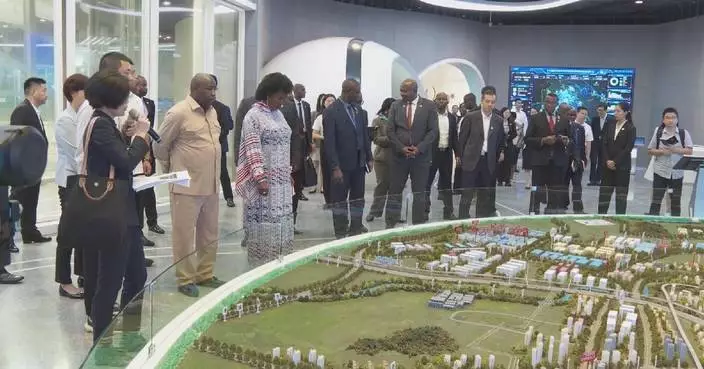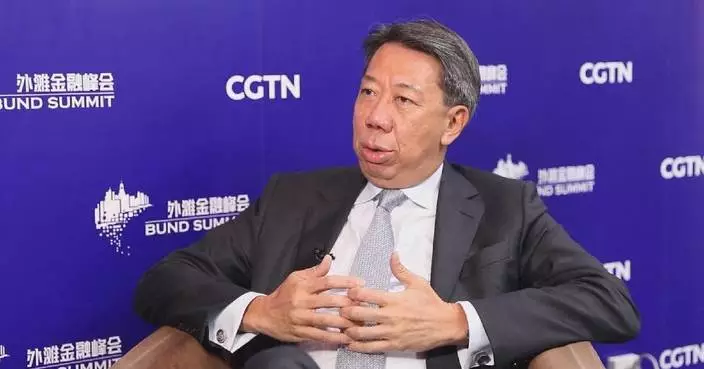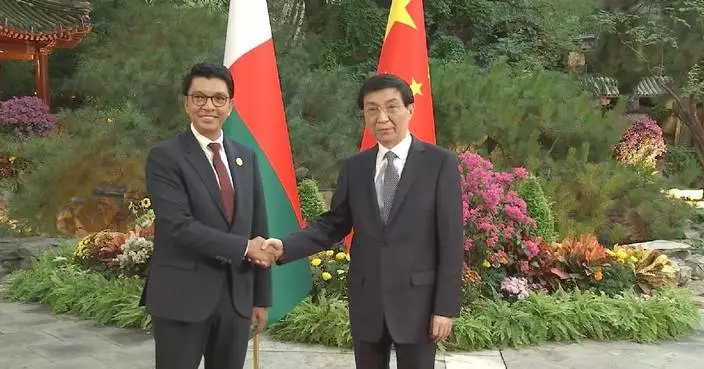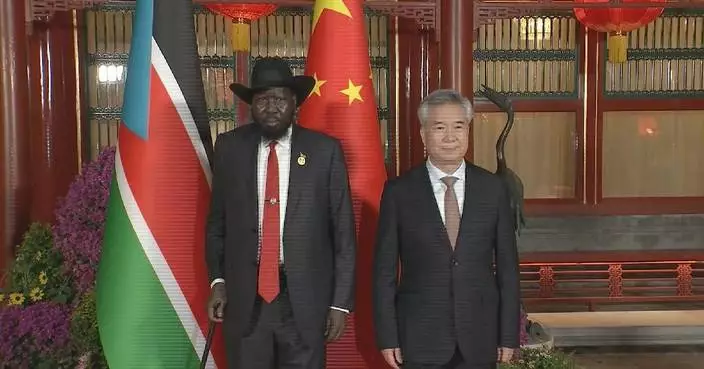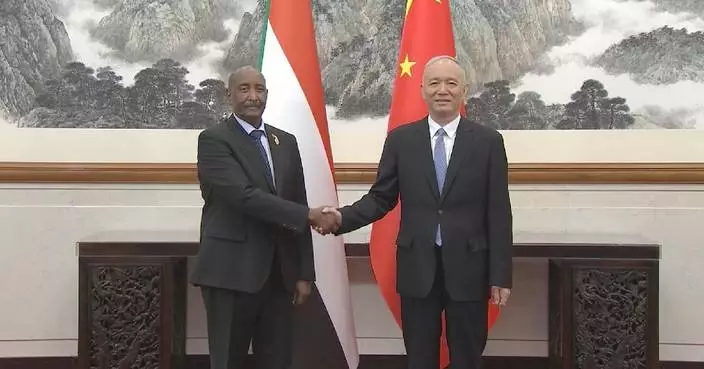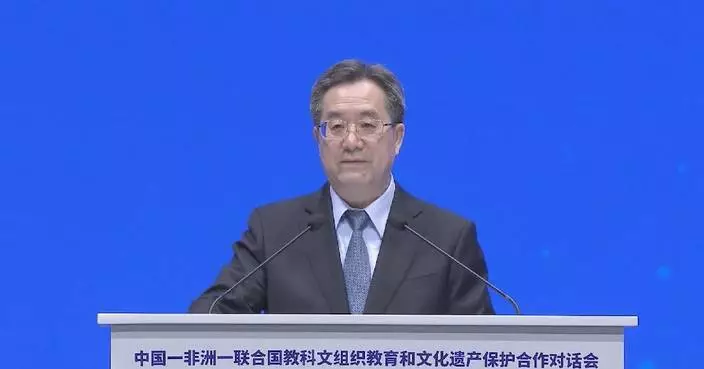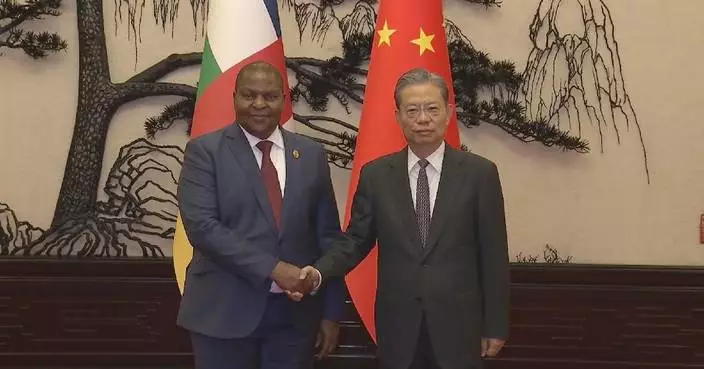South Africa marked the Nelson Mandela International Day, also known as the Mandela Day, on Thursday, July 18 by holding a variety of commemorative activities across the country.
The Mandela Day, an annual international day in honor of Nelson Mandela, the first post-apartheid president of South Africa, is celebrated each year on July 18, Mandela's birthday. In honor of Mandela, the United Nations General Assembly has designated July 18 every year as the Nelson Mandela International Day since 2010.
This year's Mandela Day was celebrated under the theme "It's still in our hands to combat poverty and inequity."
The 2024 Mandela Day holds special significance because, on this day in 1994, former President Mandela presided over the first Government of National Unity, the South African government said in a statement.
The year of 2024 marks the 30th anniversary of the birth of South Africa's democratic government, a milestone that Mandela was instrumental in achieving, and globally, he became the symbol of freedom and democracy, the statement said.
On Thursday, a series of activities themed "67-Minute to Contribute to the Community" was held across South Africa, with the 67-minute symbolizing Mandela's 67 years of life unswervingly fighting for human rights and social justice.
Many citizens went on streets to participate in activities to help their community and residents, carrying forward Mandela's spirit via such activities.
A Chinese sports college in Johannesburg also held an event to mark the Mandela Day.
"Today is the Mandela Day. Mandela's spirit has kept inspiring us. We also hope to honor his spirit through the 67 minute-long community service, " said Zhao Jianling, president of the All Africa Chinese Women's Association and also dean of the college.
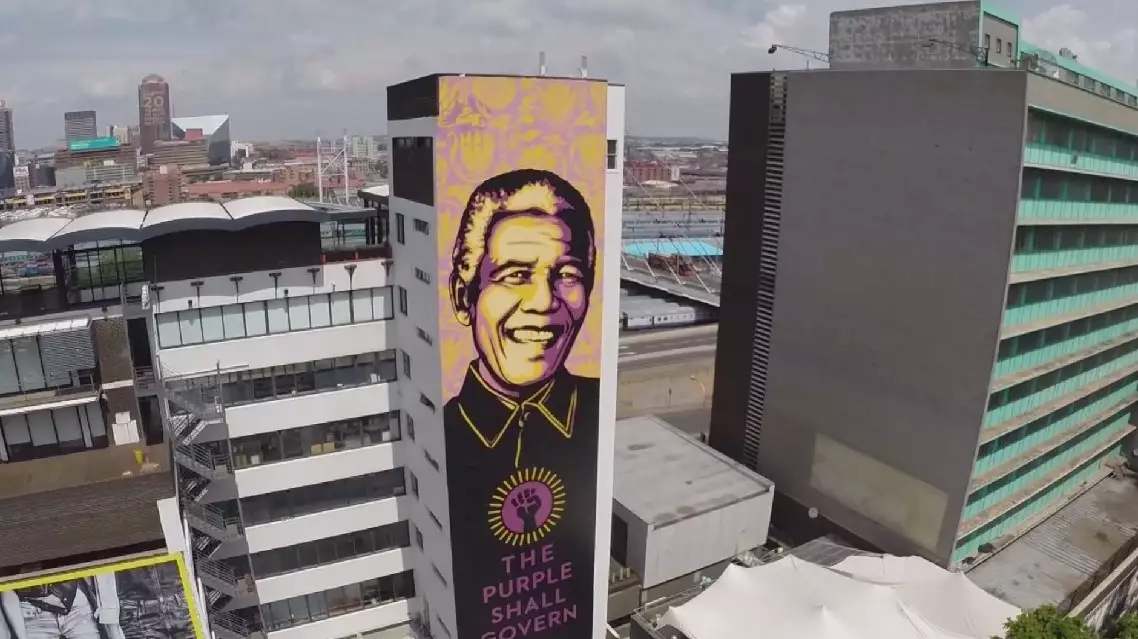
Mandela Day marked in South Africa
Chinese engineers have overcome numerous challenges and difficulties with innovative techniques and high-intensity work to complete the final leg of a landmark Algerian highway that connects 17 provinces.
With the completion of its last 84-km section, the Algerian East-West Highway, which stretches 1,216 km and had been under construction for the last 16 years, finally opened to traffic in August 2023.
The 84-km section in the eastern region of the country was built by China's CITIC Construction, and stretches from Drean in the province of El Tarf, to the town of Raml Souk on the border with Tunisia.
However, building the highway was not easy as the construction had to overcome a series of complex geological challenges, including the Atlas Mountain ranges that cross through northern Africa and have long hindered transit in the region.
At the beginning of this century, the Algerian government proposed the highway project, and construction on the highway kicked off in the east, middle and west sections beginning in 2006.
China CITIC Group and China Railway Construction Corporation completed the construction of the 528 km-long central and western section on time. In 2017, CITIC Construction was selected to take over the construction of the remaining 84-km section after it was abandoned by a Japanese enterprise over technical and financial difficulties.
As the Chinese construction team embarked on the challenging task, they encountered numerous local individuals who shared their common hope that the highway could be opened to traffic at an early date.
"As we were searching for a quarry site in Guelma Province near El Tarf Province, we asked a local truck driver for direction. After learning that we were constructing the 84 km project of the eastern region, he was very excited and held our hands tightly, saying that he had been looking forward to the opening of the highway in the eastern sector. He often drove a truck to transport goods, using local roads, and had to drive in traffic jams. The poor road conditions caused significant wear and tear on the vehicles and posed serious dangers. He eagerly hoped that we, the Chinese team, would help complete the highway as soon as possible," Ji Zongli, the chief engineer for the 84-km project, recalled.
According to Ji, the section runs through complex terrain prone to geological disasters, so the difficulties facing the builders were enormous.
"The line runs across areas of marl, wetlands, flood plains, and also passes through a large conservation area of a national park. With terrain and topography highly complex and variable, we faced numerous threats and difficulties, including slope collapses, foundation instability and settlement, and a shortage of aggregates. All these made the roadbed construction particularly challenging," Ji said.
To mitigate the impact of complex geological conditions on engineering quality, CITIC Construction employed advanced Chinese construction technology on the project, including the use of high-modulus asphalt additives to enhance the durability and service life of the road, bridge damping devices to avoid potential disasters, and advanced skills to reinforce the subgrade to ensure the road is able to endure the stresses of heavy usage.
"There have been many stories about this project, and we have experienced several impressive events. For example, in April 2023, at the PK397 construction site, we witnessed CITIC Construction mobilizing 1,004 trucks to work on a very narrow section of the road. The El Tarf provincial government was astonished by such a volume of trucks. The high-intensity work lasted about a month, creating a truly spectacular scene," said Mohamed Salah Kafi, the head of the eastern region bureau of Algeria's National Highway Agency.
According to Ji, the Chinese team has trained over 16,000 local technicians in infrastructure construction. After training and working with Chinese colleagues, the Algerians gained valuable hands-on experience, and some have become seasoned engineers.
"I'm very happy to be involved in the highway project and feel extremely proud. My father, younger brother, and elder brother all are working at the construction sites of Chinese companies. The wages are high. I've learned a lot, and my life has improved. If there are new projects, I hope to work with my Chinese friends again," said Abassh Gilali, an Algerian construction worker.
The highway not only connects regions, it also connects hearts, and is a symbol of what can be achieved when people from different backgrounds work together on a common purpose.
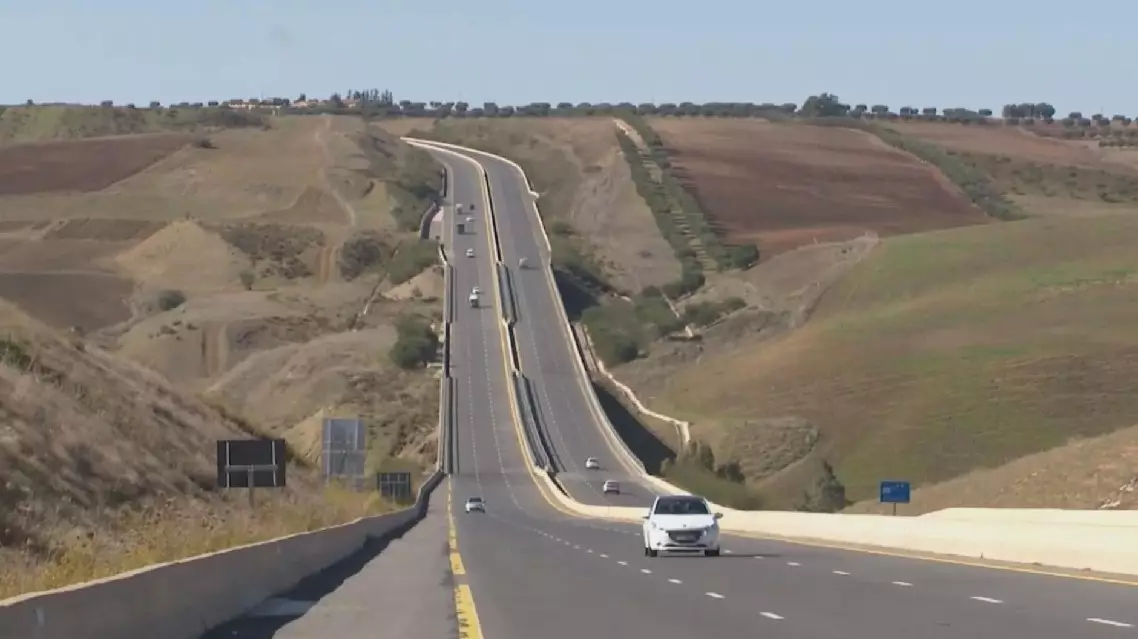
Chinese engineer recalls challenges in completing Algeria's landmark East-West Highway project




